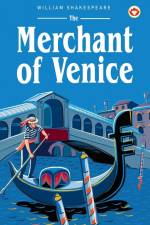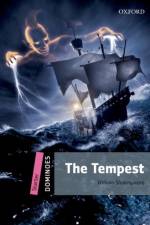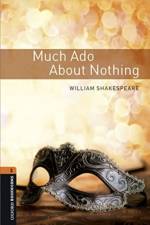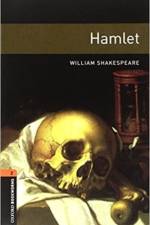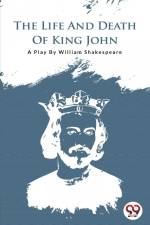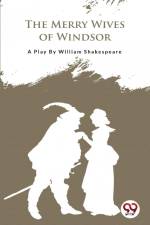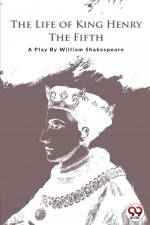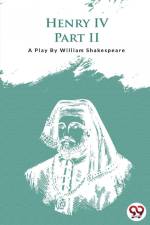av William Shakespeare
169
[ THE LIFE OF KING HENRY THE FIFTH] The play is set in England in the mid-fifteenth century. The political circumstances in England are tense: King Henry IV has died, and his son, the youthful King Henry V, has been crowned king. A few unpleasant nationwide conflicts have left individuals in England fretful and disappointed. Besides, to acquire the admiration of the English public and the court, Henry should live down his wild youth in the past, when he used to hang with robbers and drinkards at the Boar's Head Tavern on the dingy side of London.Henry makes a case for specific pieces of France in view of his far-off establishment in the French reputed family and on an extremely specialised understanding of old land regulations. At the point when the youthful sovereign, or Dauphin, of France sends Henry an offending message because of these cases, Henry chooses to attack France. Upheld by the English aristocrats and the ministry, Henry gathers his soldiers for war.Henry's choice to attack France streams down to influence the commoners. He runs the show. In the Boar's Head Tavern in Eastcheap, a portion of the ruler's previous companions whom he dismissed when he rose to the privileged position plan to leave their homes and families. Bardolph, Pistol, and Nim are normal losers and part-time crooks, on the far edge of the social range from their regal previous buddies. As they plan for the conflict, they comment on the demise of Falstaff, an old knight who was once King Henry's dearest companion.Not long before his armada heads out, King Henry learns of a connivance against his life. The three swindlers working for the French ask for benevolence, but Henry denies their solicitation. He arranges for the threesome, which incorporates a previous companion named Scrope, to be executed. The English sail for France, where they battle for the direction of the nation. Against unbelievable chances, they keep on winning in the wake of vanquishing the town of Harfleur, where Henry gives an enthusiastic discourse to inspire his troopers to triumph. Among the officials in King Henry's military are men from all parts of Britain, like Fluellen, a Welsh skipper. In the English development, Nim and Bardolph are found plundering and are hanged by King Henry's order.The peak of the conflict comes at the renowned Battle of Agincourt, at which the English are dwarfed by the French five to one. The night prior to the fight, King Henry camouflages himself as a typical fighter and converses with a significant number of the officers in his camp, realising what their identity is and their thought process of the incredible fight has been cleared up. Whenever he is without anyone else, he regrets his always present liabilities as a lord. In the first part of the day, he appeals to God and gives a strong, moving discourse to his warriors. Phenomenally, the English won the fight, and the French should be glad to give up finally. Some time later, harmony dealings are at last worked out: Henry will wed Catherine, the daughter of the French lord. Henry's child will be the ruler of France, and the marriage will unite the two realms.

